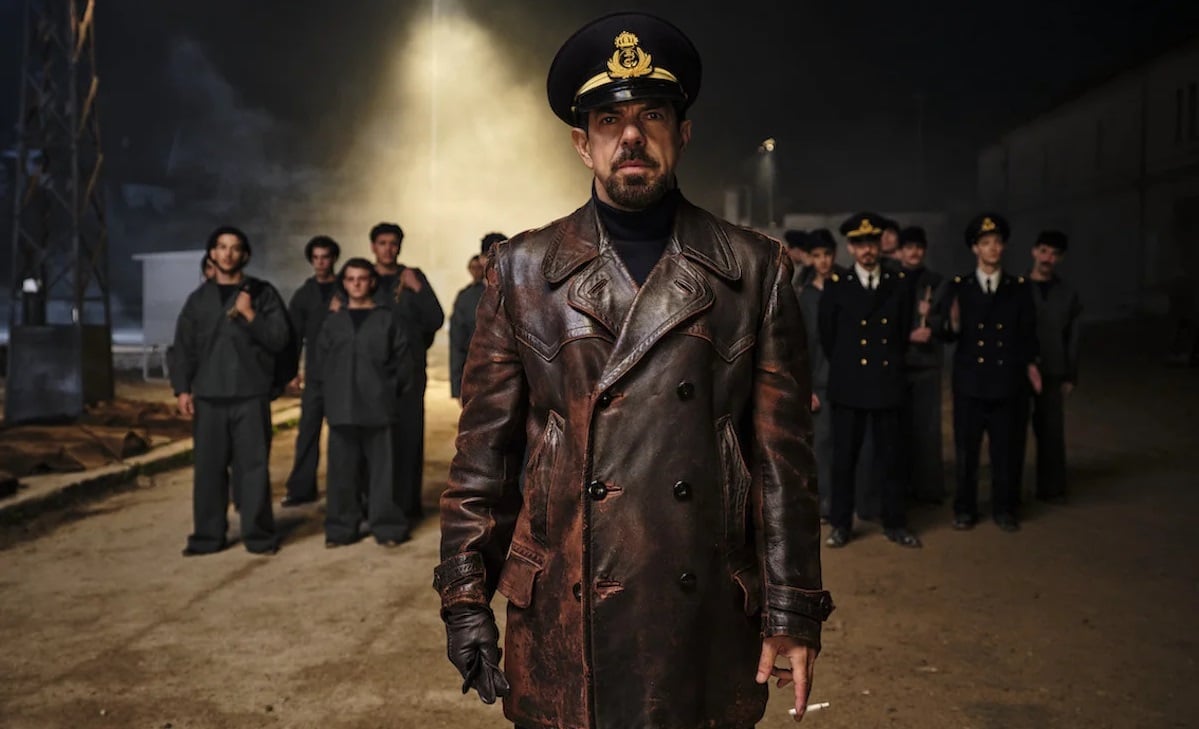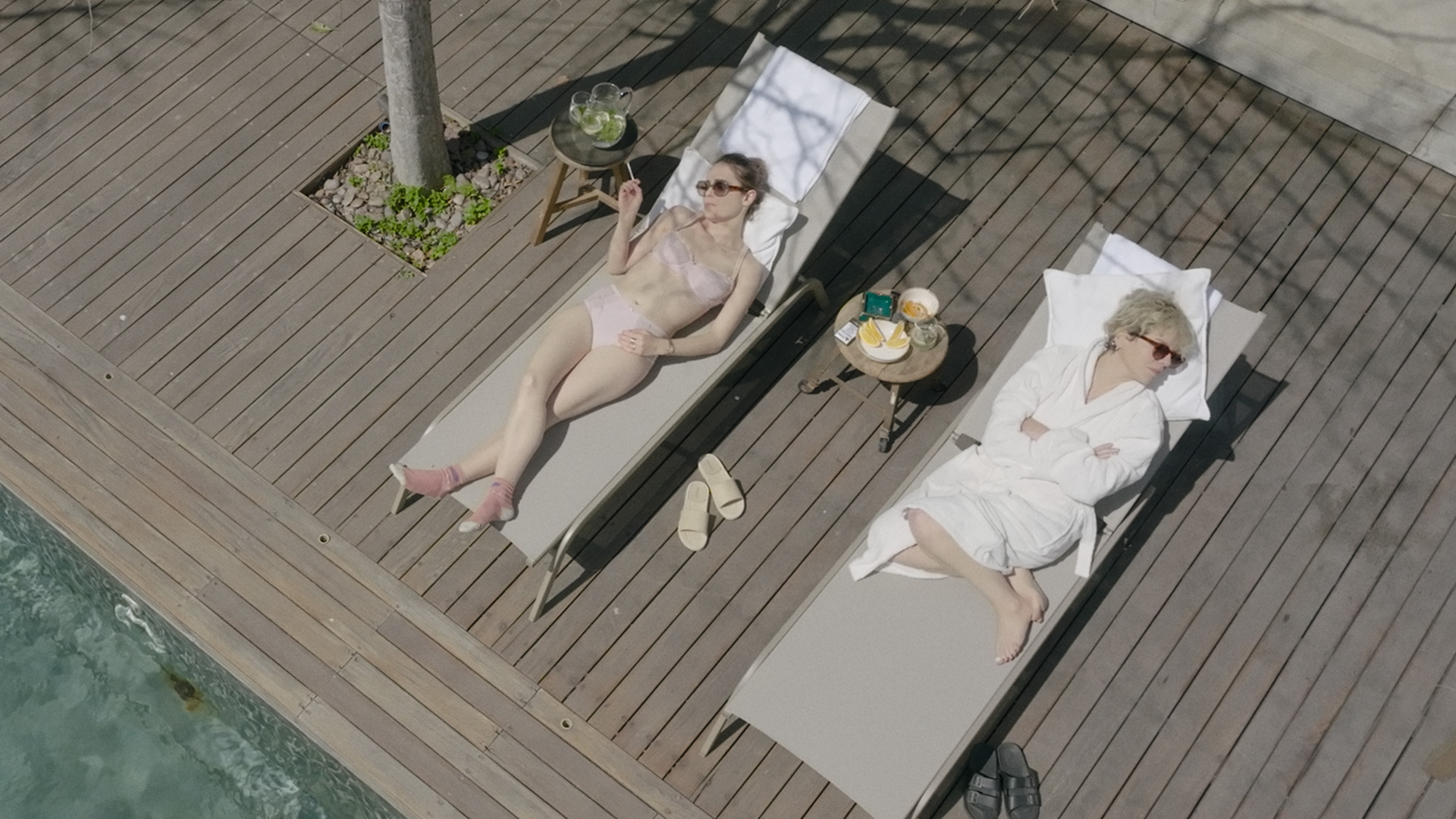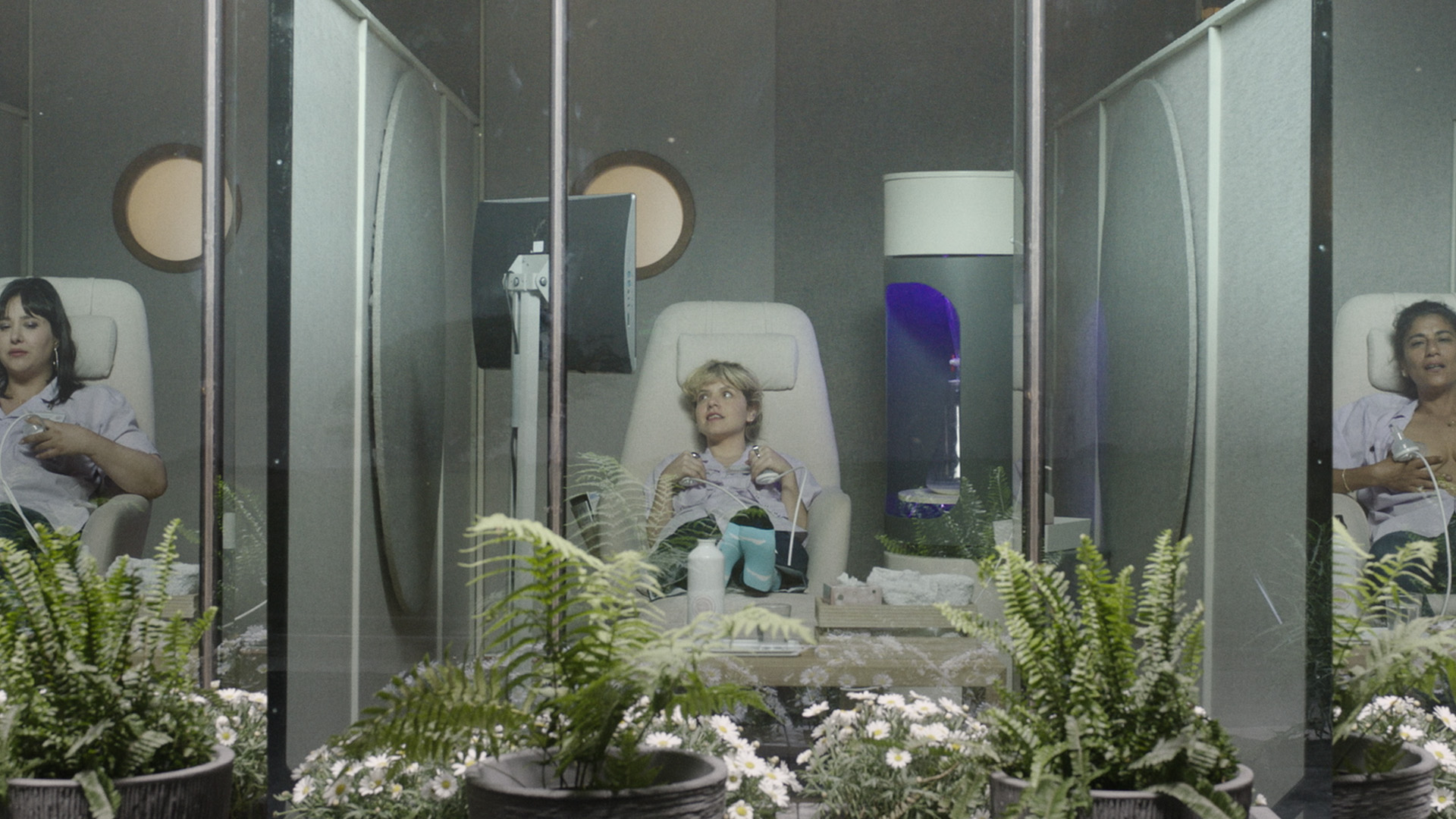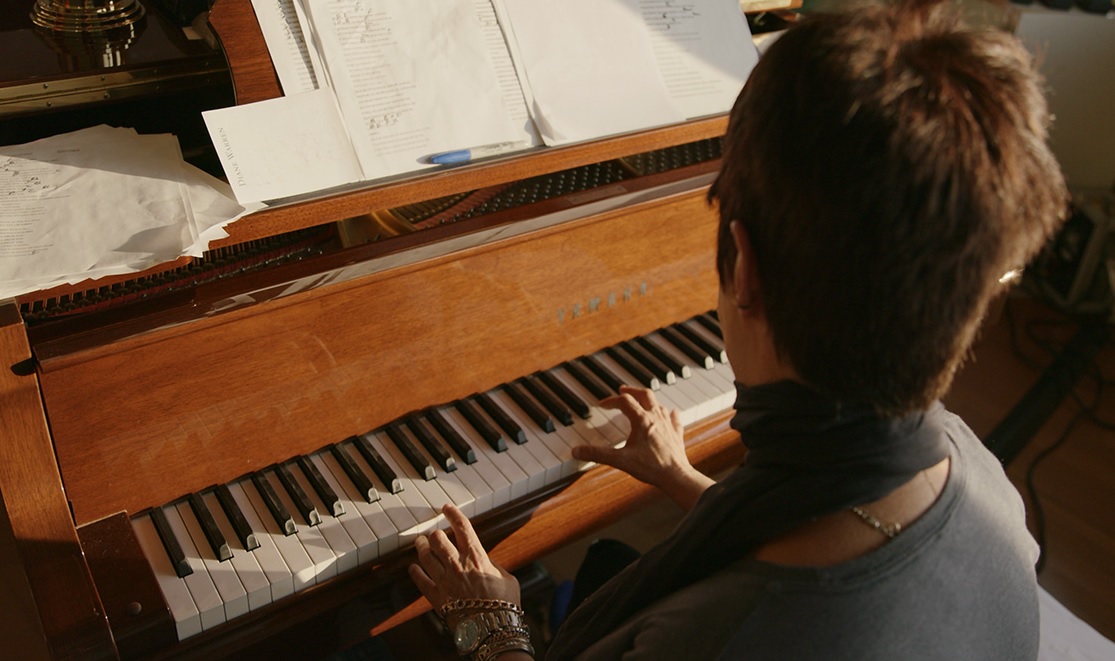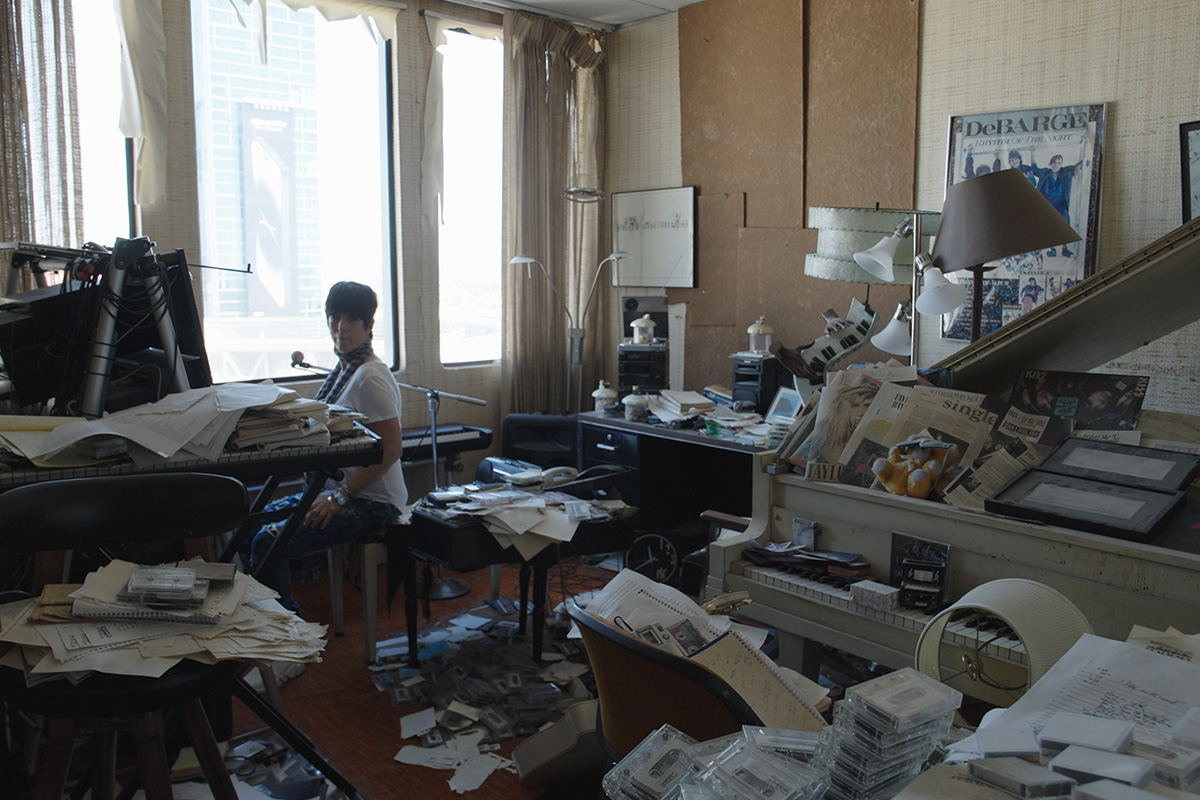From the visionary creator of The Fifth Element, Luc Besson comes the exhilarating action film Weekend in Taipei.
You don’t have to wait for long before the first action scene begins, 5 minutes in fact, where a brand new Ferrari takes you on a high-speed joyride through Taiwan’s capital, Taipei.
The film centers around a DEA agent, portrayed by Luke Evans, who is on a relentless mission to dismantle a formidable drug lord’s operation. Unbeknownst to him, this notorious criminal is married to his former love interest, adding an emotional layer to the narrative.
The plot takes viewers on a journey from the United States to Taiwan, where the reunion between the long-lost lovers sparks unresolved feelings and secrets. This rekindling of romance unveils a love triangle that complicates the agent’s mission, leading to a gripping confrontation between good and evil.
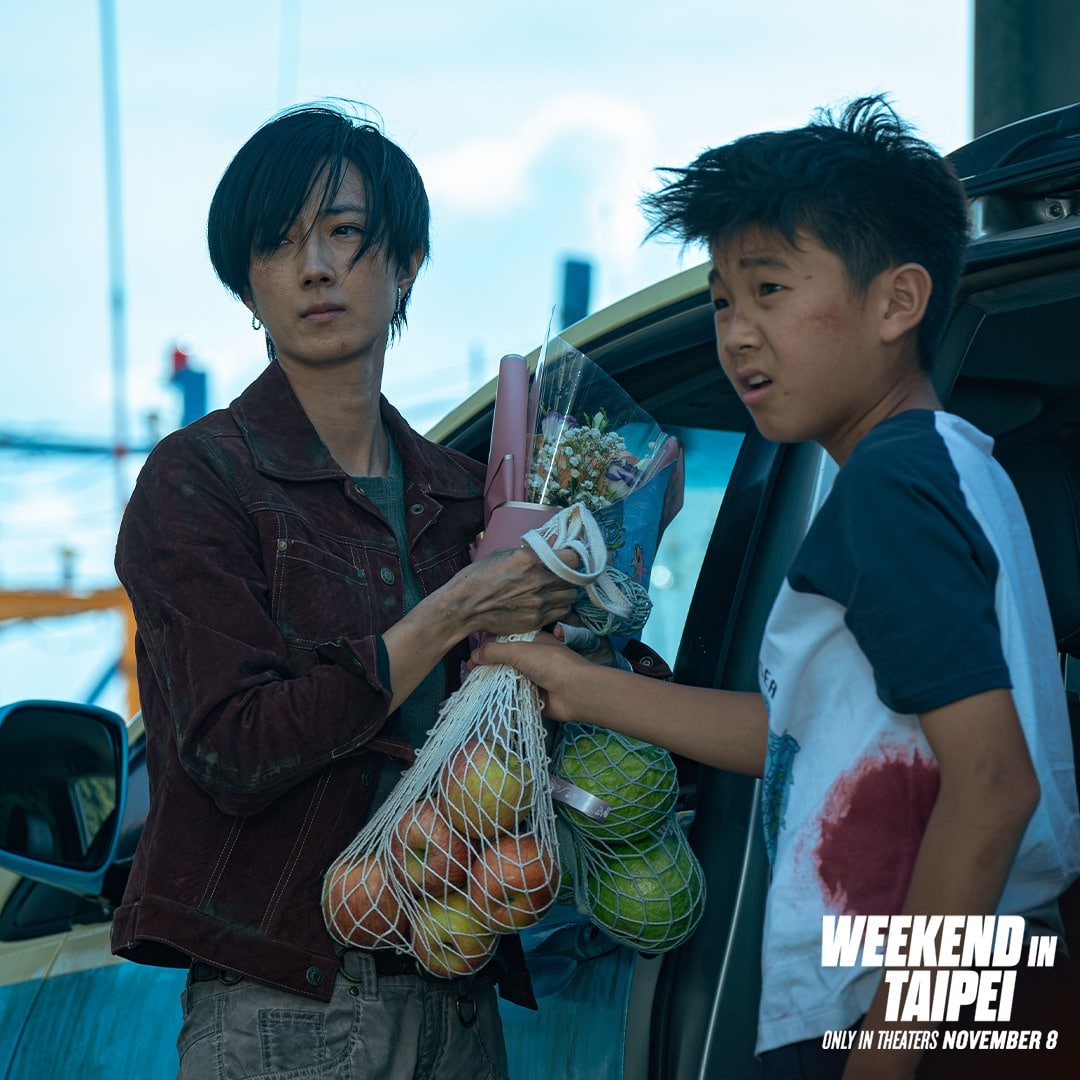
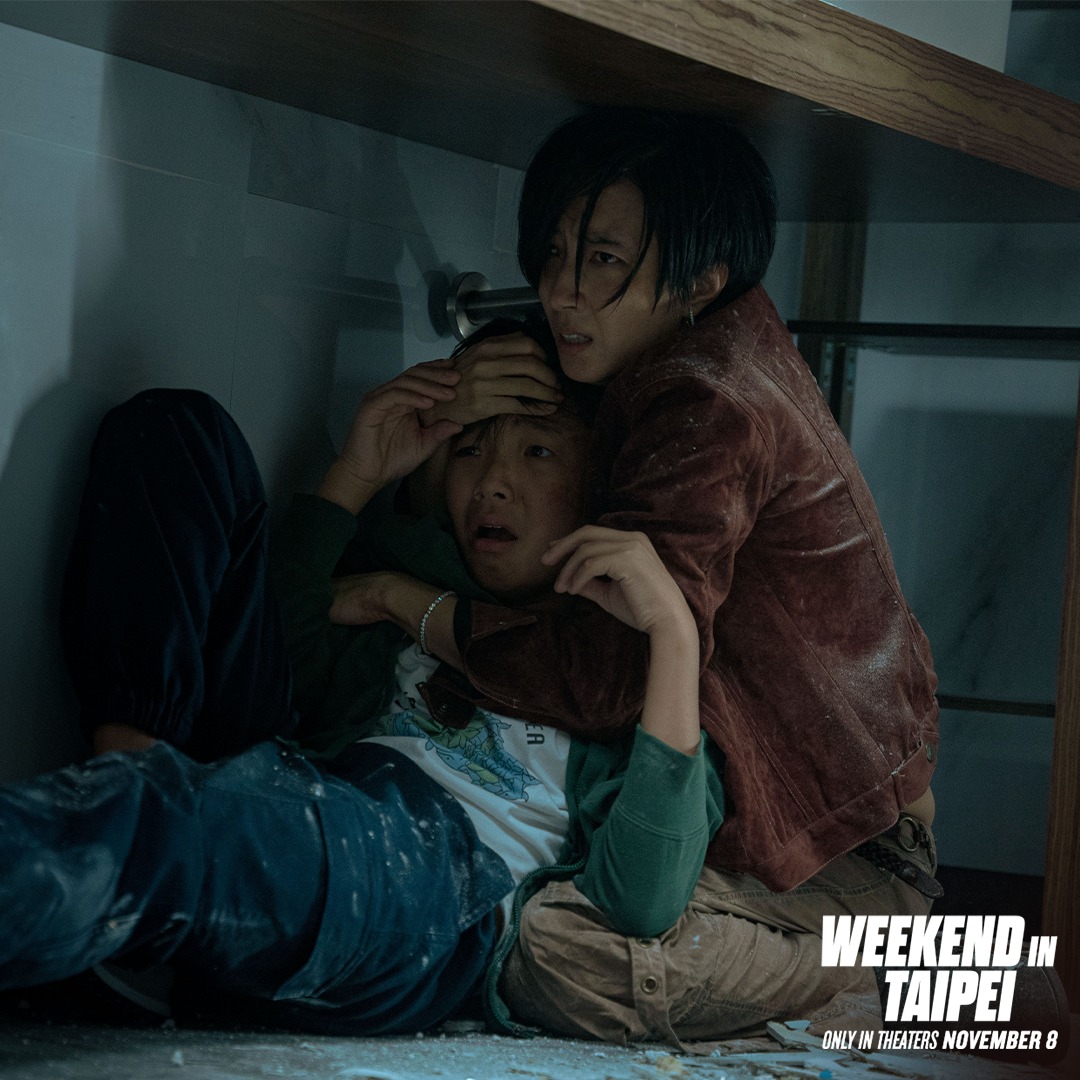
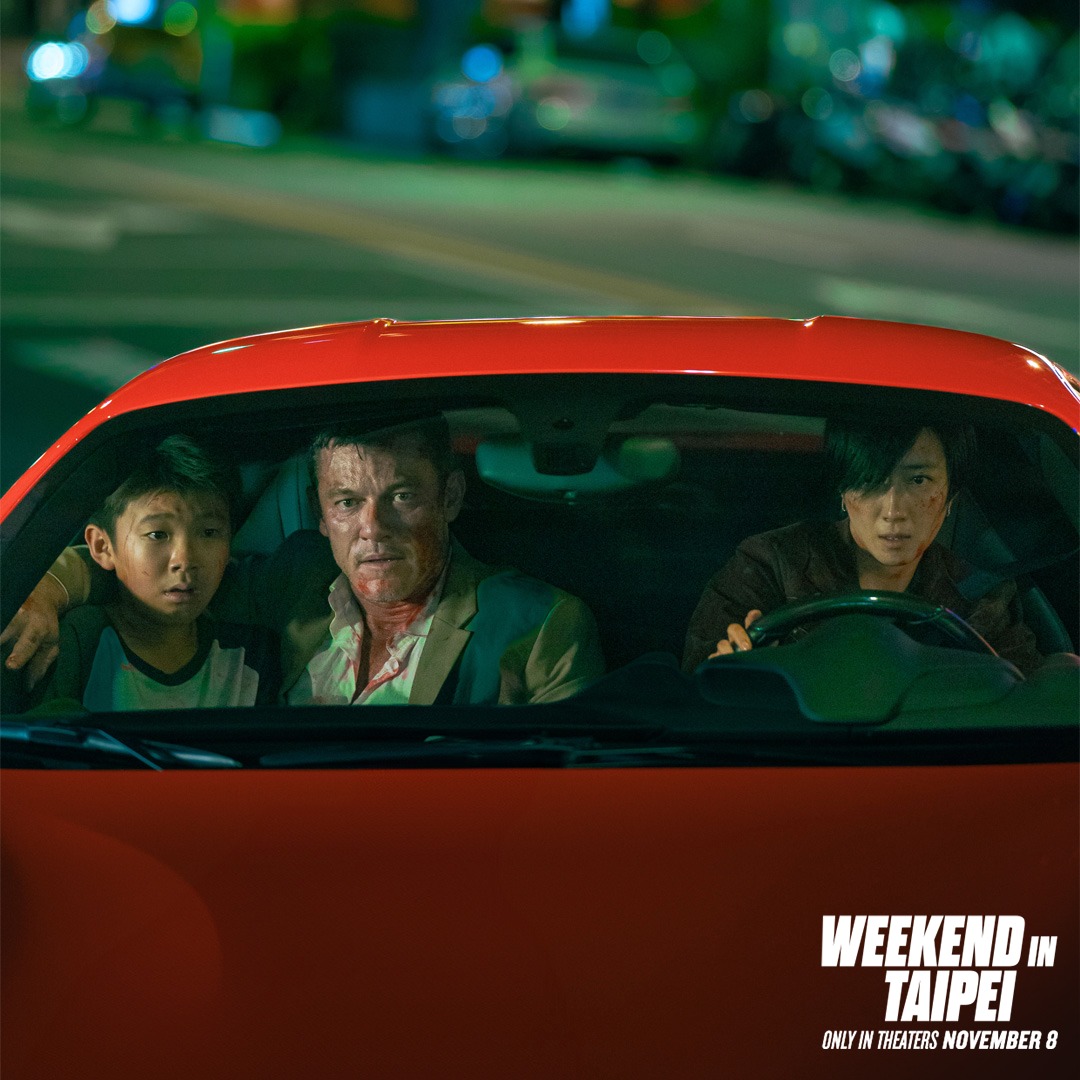
The combination of Luke Evans, known for his roles in Hollywood Blockbusters such as Clash of the Titans, a very likeable leading lady, played by Gwei Lun-mei, hailing from Taiwan, and ‘bad guy’, Sung Kang, who starred in the Fast & Furious franchise, makes for a strong cast.
Where the film lacks a strong story, it definitely overachieves in superbly choreographed fight scenes, with lots of humour thrown in. With the addition of a killer soundtrack, some gorgeous cinematography, and good duration, this film is perfect for an entertaining cinematic experience without the need for deep contemplation.
Weekend In Taipei will open in Australian cinemas in the coming weeks. Check your local cinemas for session details.



